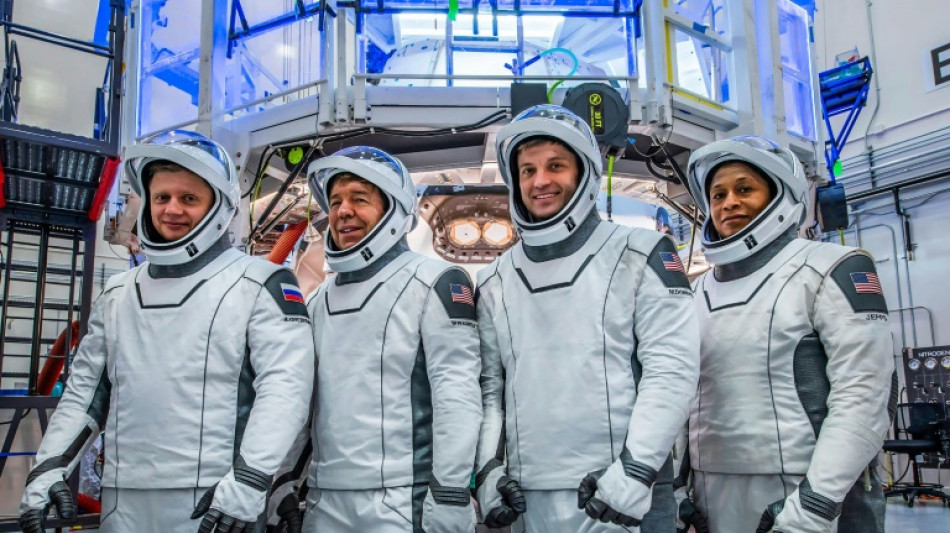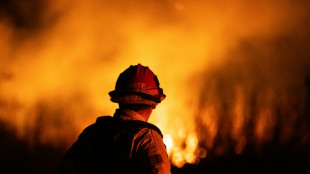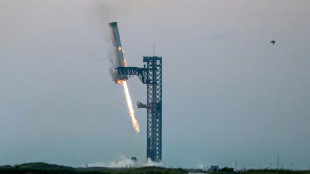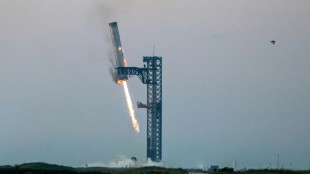

SpaceX launch taking crew to ISS delayed again by weather
A planned launch on Saturday of a mission to take three American astronauts and a Russian cosmonaut to the International Space Station was scrubbed due to poor weather.
SpaceX announced that the launch was delayed, and NASA said the agency would now target Sunday at 10:53 pm (0353 GMT Monday) for liftoff.
The SpaceX Crew Dragon named Endeavour is to carry the four atop a Falcon 9 rocket from the Kennedy Space Center in Florida.
Hours before Saturday night's scheduled launch, SpaceX posted on X that "elevated winds" forced the delay.
It was the latest postponement for the launch, which initially was slated for February 22.
Elon Musk's SpaceX has been providing astronaut launch services for NASA since 2020 under NASA's Commercial Crew Program, while a rival program by Boeing has yet to get going.
Matthew Dominick, who leads the "Crew-8" mission, is making his first spaceflight, as is fellow American Jeanette Epps. It will also be the first time for Russian Alexander Grebenkin.
Michael Barratt, a physician, is making his third visit to the ISS. His first two were aboard space shuttles, which were discontinued in 2011.
Space remains a rare area of cooperation between the United States and Russia in the wake of Russia's 2022 invasion of Ukraine.
The US last month imposed fresh sanctions on 500 Russian targets, seeking also to exact a cost for the death of Russian opposition leader Alexei Navalny in a Siberian prison.
The crew will carry out experiments including using stem cells to create organoids (artificially grown masses of cells resembling organs) to study degenerative diseases, taking advantage of the microgravity environment to enable three-dimensional cell growth not possible on Earth.
Joel Montalbano, NASA's International Space Station program manager, told reporters that the US was keeping a close eye on a "small leak" on the Russian side of the research platform, the latest of several recent issues on the Russian side.
A hatch is currently closed to isolate the leak from the rest of the ISS.
M.Kohnen--JdB



